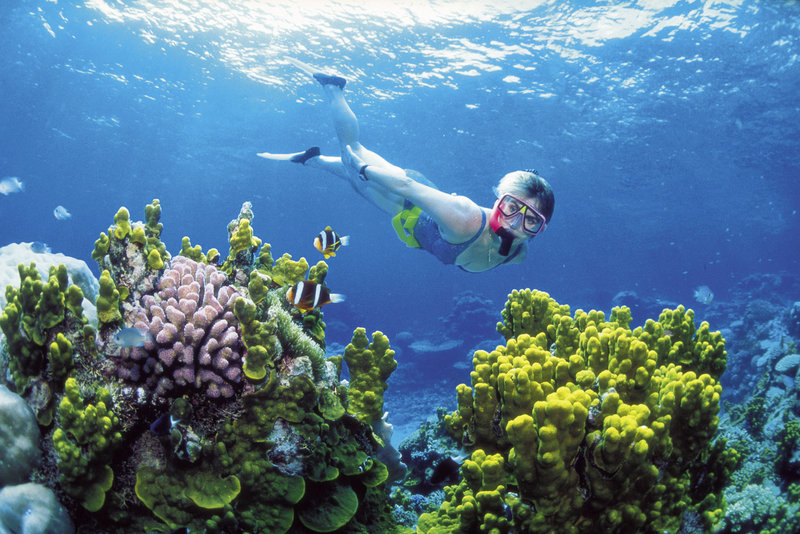CANBERRA, Australia – Australia has created the world’s largest network of marine reserves and will restrict fishing and oil and gas exploration in a major step to safeguard the environment and access to food.
The area will cover 1.2 million square miles of ocean including the entire Coral Sea, and encompass a third of the island continent’s territorial waters.
Environment Minister Tony Burke said Thursday the government expects to pay an estimated $100 million to the fishing industry in compensation for the new restrictions on their operations that will take effect late this year.
Highly protected areas such as the Coral Sea off Australia’s northeastern coast and the adjoining World Heritage-listed Great Barrier Reef will also be protected from oil and gas exploration. Both areas, which cover a total 500,000 square miles, have shallow reefs that support tropical ecosystems with sharks, coral, sponges and many fish species.
The numbers of marine reserves off the Australian coast will be increased from 27 to 60.
Burke said he wanted the reserves to set a benchmark for the world in environmental protection and food security – the access to and consistent availability of food. The plan aims to guarantee future fish stocks.
“We have an incredible opportunity to turn the tide on protection of the oceans and Australia can lead the world in marine protection,” he said.
Don Henry, chief executive of the environmental group Australian Conservation Foundation, said the plan will make Australia a global leader in ocean protection. But he warned that the remote northwest region where an offshore oil and gas industry is already established had been left vulnerable to the threats of further energy exploration.
Send questions/comments to the editors.



Success. Please wait for the page to reload. If the page does not reload within 5 seconds, please refresh the page.
Enter your email and password to access comments.
Hi, to comment on stories you must . This profile is in addition to your subscription and website login.
Already have a commenting profile? .
Invalid username/password.
Please check your email to confirm and complete your registration.
Only subscribers are eligible to post comments. Please subscribe or login first for digital access. Here’s why.
Use the form below to reset your password. When you've submitted your account email, we will send an email with a reset code.